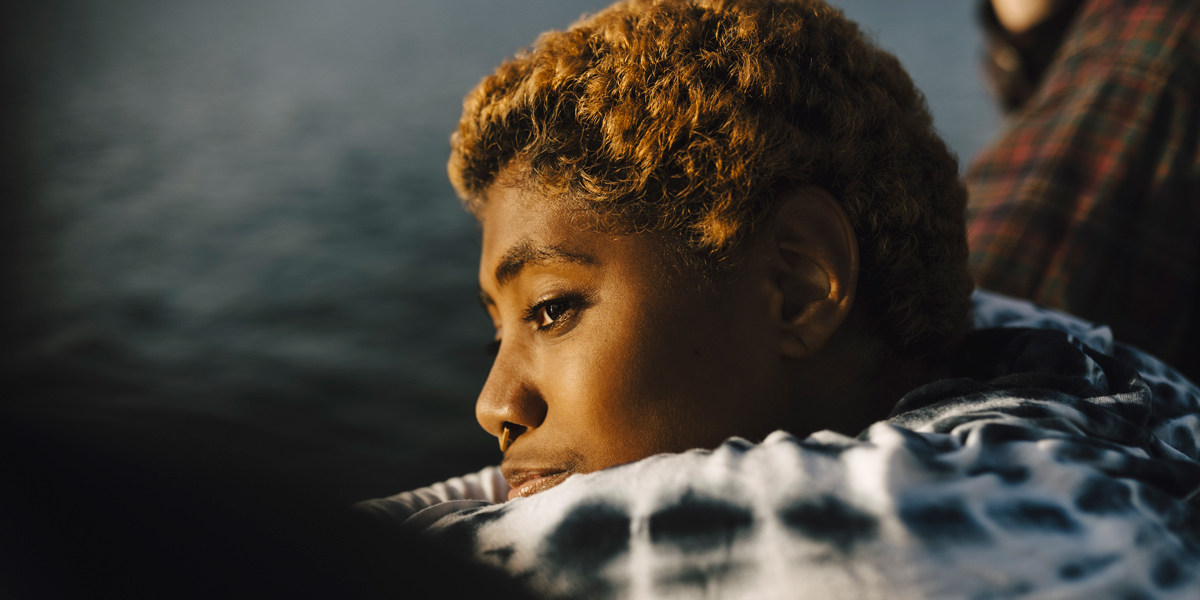
politics + activism
This Trans Day of Remembrance, Show Up With Material Support (And Every Other Day, Too)
Carmen Phillips
Nov 20, 2022




















